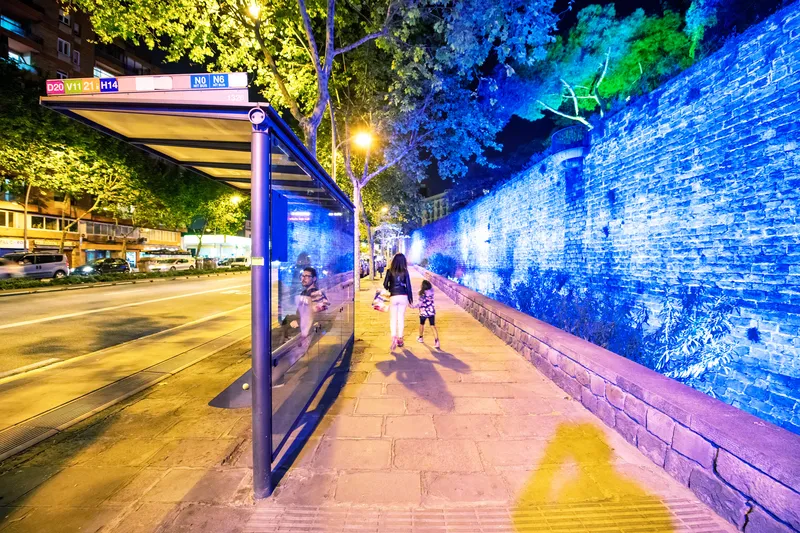The National Road Agency of Algeria (ANA) has awarded a contract for the modernisation of the Bouïra tunnel to a consortium comprising of the state construction company Cosider TP and Indra.
The contract, which is worth US$12.3 million to Indra, will run for 15 months. It will deliver an integrated management solution and intelligent traffic systems for the tunnel, which is located on the east-west highway and crosses the country from the border with Tunisia to the border with Morocco and sees the heavi
September 2, 2015
Read time: 2 mins
The National Road Agency of Algeria (ANA) has awarded a contract for the modernisation of the Bouïra tunnel to a consortium comprising of the state construction company Cosider TP and 509 Indra.
The contract, which is worth US$12.3 million to Indra, will run for 15 months. It will deliver an integrated management solution and intelligent traffic systems for the tunnel, which is located on the east-west highway and crosses the country from the border with Tunisia to the border with Morocco and sees the heaviest truck traffic in the country.
The project aims to adapt the tunnel's systems to Eurocode, the European quality and security standard, to improve usage and security conditions for users and make the Bouïra tunnel the most advanced in the country and a benchmark for building or modernising other tunnels.
Indra will equip the control centre with its Horus intelligent traffic and tunnel management solution, integrating and enabling centralised control of the tunnel's different intelligent transportation systems (ITS). Indra will also install automatic incident detection and video surveillance systems using closed circuit television, signaling systems, fire detection, communication, lighting control, ventilation and SOS posts.
The technology will enable the tunnel operators to monitor the status of the road at all times and provide them with real-time information for decision-making purposes. The high level of operational automation will enable quick and efficient management of events in the tunnels, both for daily control as well as during emergency situations, such as smoke in the tunnel or if an object falls into the road, or a vehicle travelling in the wrong direction.
Indra's solution will also make it possible to offer real-time information to drivers, and optimal safety and service quality, which will help reduce the risk of incidents and optimise the use of resources in those situations.
The contract, which is worth US$12.3 million to Indra, will run for 15 months. It will deliver an integrated management solution and intelligent traffic systems for the tunnel, which is located on the east-west highway and crosses the country from the border with Tunisia to the border with Morocco and sees the heaviest truck traffic in the country.
The project aims to adapt the tunnel's systems to Eurocode, the European quality and security standard, to improve usage and security conditions for users and make the Bouïra tunnel the most advanced in the country and a benchmark for building or modernising other tunnels.
Indra will equip the control centre with its Horus intelligent traffic and tunnel management solution, integrating and enabling centralised control of the tunnel's different intelligent transportation systems (ITS). Indra will also install automatic incident detection and video surveillance systems using closed circuit television, signaling systems, fire detection, communication, lighting control, ventilation and SOS posts.
The technology will enable the tunnel operators to monitor the status of the road at all times and provide them with real-time information for decision-making purposes. The high level of operational automation will enable quick and efficient management of events in the tunnels, both for daily control as well as during emergency situations, such as smoke in the tunnel or if an object falls into the road, or a vehicle travelling in the wrong direction.
Indra's solution will also make it possible to offer real-time information to drivers, and optimal safety and service quality, which will help reduce the risk of incidents and optimise the use of resources in those situations.










